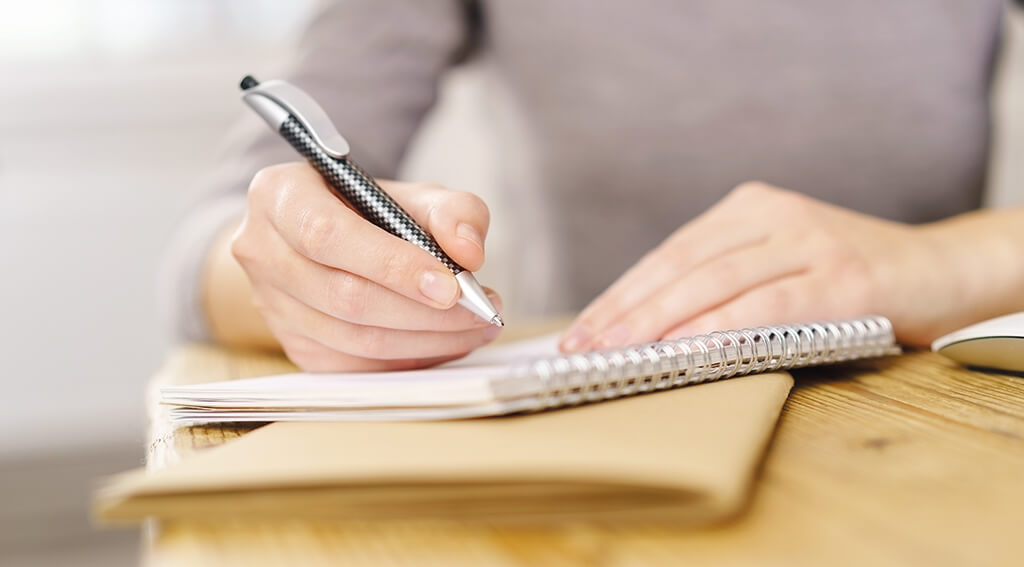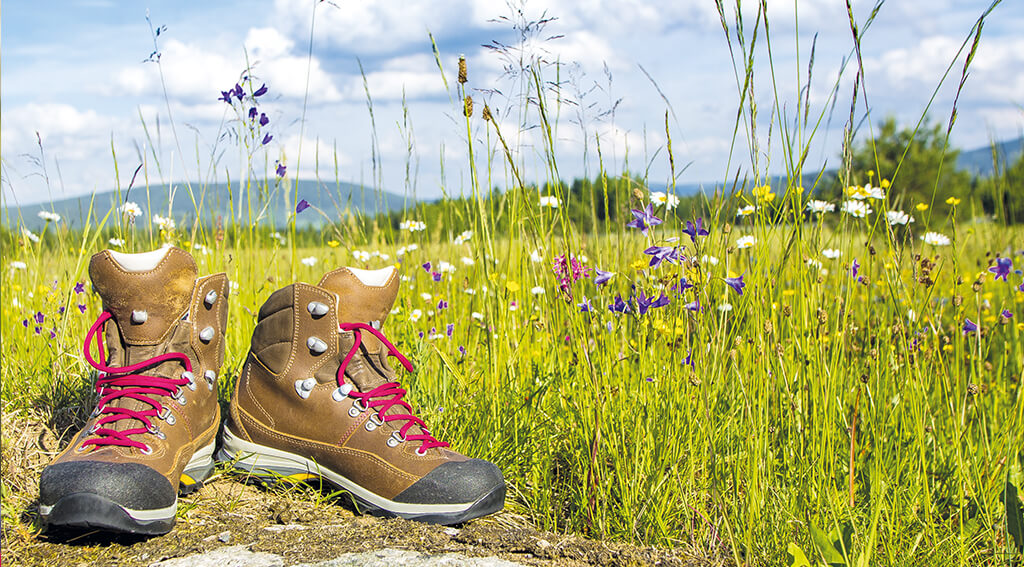Coping with stress in everyday life

What is stress?
In general, stress is nothing negative, but a natural primal instinct that is essential for survival. It is an adaptation mechanism of our body in stressful situations. However, stress can become unhealthy the more frequently, longer and more intensely it occurs: By nature intended as a short-term physical adaptation, stress is now becoming the norm.
What can you do against stress?
Like everything in life, the balance between the things that are good for you and the things that drain your energy is crucial. Since every person is different, so are the strategies with which we encounter stress different. Find out what works for you:
Recognise and avoid
Make a list of things that give you energy and things that drain you. Can you reschedule and do more of the one and less to the other? Find it out for yourself.
Focus on the practical
Create small successes and celebrate them. Take on small things or make partial steps that you can do well and tick them off. Make yourself aware of these small successes once a day. This gives positive energy and helps to set priorities.

Set your focus on „positive“
Integrate good habits into your day. For example, start by thinking about what you are thankful for. Think about what you look forward to that day and look back in the evening to see what energised you that day.
Schedule mini breaks
Actively plan small breaks into your daily routine. Let your mind wander a bit, make yourself a cup of coffee or tea, take the time to breathe deeply. Just one minute of conscious breathing contributes to relaxation.
Create relaxation
Create recovery periods and take some time for yourself. It doesn‘t have to be long, but it should be on a regular basis. Read a good book, go for walks, prepare healthy food, go out into nature… Whatever relaxes you is good and right.

Exercise in everyday life
The effect of exercise can also be used in everyday life. Take the bike to travel to work, use the stairs and not the lift, take short breaks or do stretching exercises. Let your shoulders circle; be creative to let your body indulge in beneficial exercise.
Sport as a balance
Exercise lifts the mood because the body releases endorphins. Find a compensatory sport and use it to reduce the physical resources activated by stress: The cortisol level is lowered and muscle tension decreases.
Practice mindfulness
Do what you are doing, but only do that. If you‘re on the phone, you‘re on the phone. If you’re driving, you’re driving. Become aware of what you are doing in this moment. Do things one at a time. Take a deep breath and refocus when too much is happening in your head at once.
Resolve worries and conflicts
It is often worries and conflicts that weigh on us and trigger stress in us. Address the issues that are bothering you. Take advantage of our counselling service to work out your next steps or to have a relieving conversation with us. We are happy to be there for you!
Whatever relaxes you is good. Try to integrate this as often and as well as possible into your everyday life, according to the motto: Better frequently and a little than rarely and a lot! We can help you find a good way to get through the day with less stress. Contact us!
